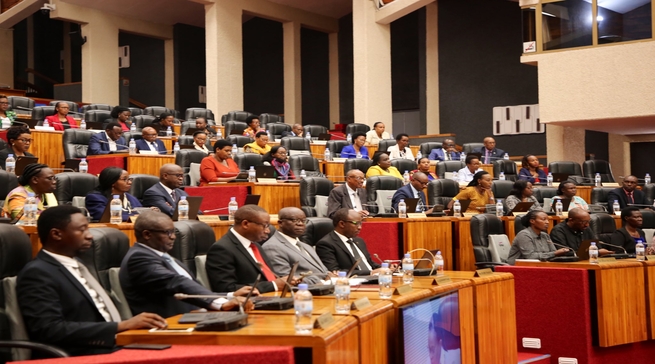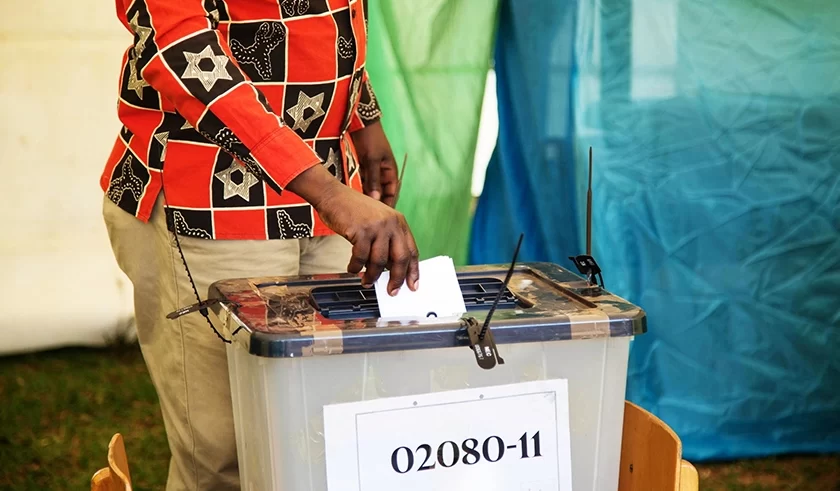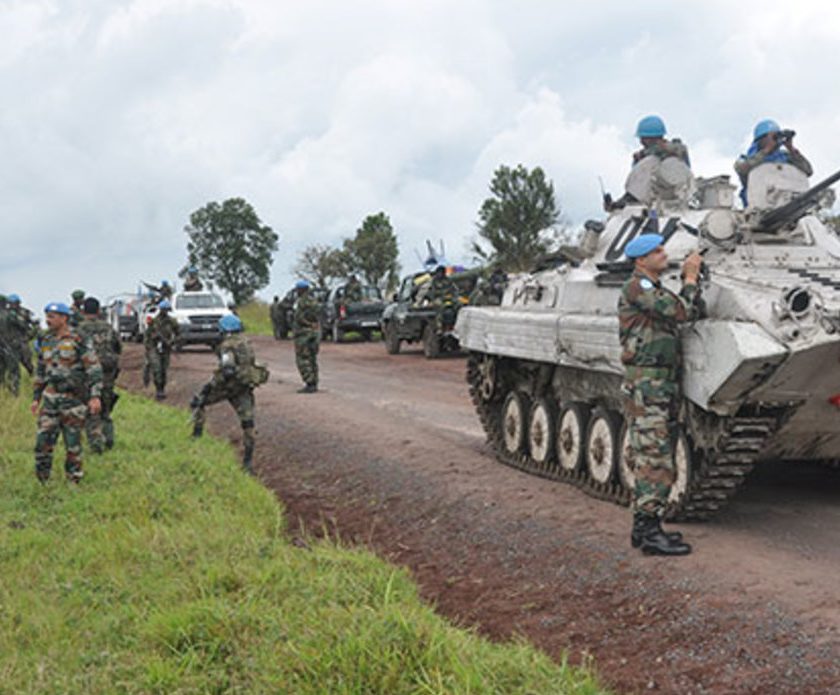The presence in eastern DR Congo of the FDLR, a UN-sanctioned group linked to the 1994 Genocide against the Tutsi in Rwanda, unresolved historical grievances and blaming Rwanda for the M23 rebellion have led to diplomatic rift between the two countries, according to the Rwandan Parliament.
This was said on Wednesday, June 5, as an ad hoc house committee set up to investigate the role of colonial legacy in conflicts in the Great Lakes Region and its impact on DR Congo-Rwanda tensions presented its findings to a Plenary Session.
According to the report, presented by the committee deputy chairperson by MP Alice Muzana, the Congolese government has ignored grievances about the unresolved citizenship of Kinyarwanda-speaking communities and the resulting persecution of the Tutsi in the east of country, which led to influx of refugees in the region.
Currently, Rwanda hosts more than 100,000 Congolese citizens, some of whom have lived in camps for nearly three decades.
MP Muzana said that in 1994, the Congolese government received the armed members of the former Rwandan army (Ex-FAR) and the Interahamwe militia, who had committed the Genocide against the Tutsi in Rwanda and allowed them to operate and mobilise near the Rwandan border, contrary to international conventions on refugees.
“They were allowed to launch attacks on Rwanda and that led to the creation of armed groups like the FDLR,” said Muzana, adding that the genocidal militia and its splinter groups have since posed a security threat not only to Rwanda but also to the region and DR Congo itself.
“Various [Congolese] governments have used the Interahamwe and Ex-FAR as combatants, starting from Mobutu [Sese Seko] and the subsequent governments,” she said.
“The fact that the Congolese government is reluctant to disarm the FDLR shows that the militia is important, politically and economically, for the politicians and senior leaders of the army and security agencies.”
The FDLR is part of a coalition led by the Congolese army (FARDC) which is fighting the M23 rebels in North Kivu province. In a recent report, UN Groups of Experts on DR Congo said the Congolese army continues to provide ammunition to the FDLR and uses the group as a proxy.
The ad hoc committee found that the Congolese government continues to blame Rwanda for its insecurity, uses FDLR and genocidal groups as well as troops from Burundi and other countries to drive its proclaimed regime change in Rwanda, Muzana said.
The MP said that historical grievances and the persecution of the Tutsi and Banyamulenge communities in eastern DR Congo have led to the creation of self-defence armed groups such as the M23 and its predecessor CNDP.
Muzana said the conflicts in eastern DR Congo will continue to recur if the government does not address the underlying issues.
“The Ad Hoc Committee believes firmly that no military solution can end the current crisis,” she said.
“To reach lasting peace in the region,” Muzana said, “the genocidal FDLR and its splinter groups must be uprooted.”
Second, she said, hate speech and genocide ideology against must stop. And third, unity should be prioritised and the grievances of the Kinyarwanda-speaking Congolese communities must be addressed, especially the question of their citizenship and the safe return of the Congolese refugees.
SOURCE:TNT






